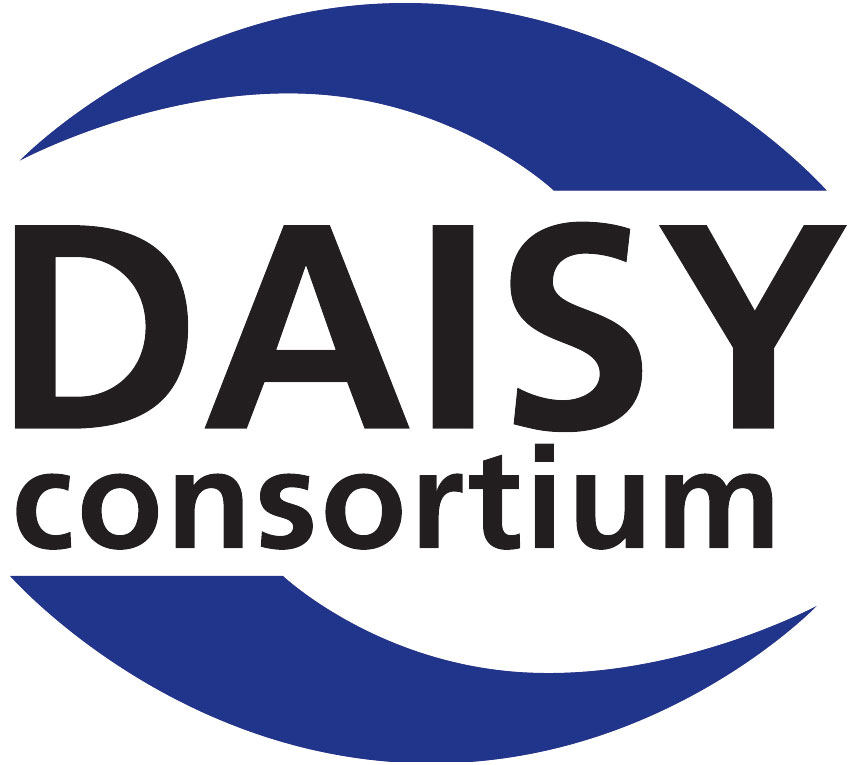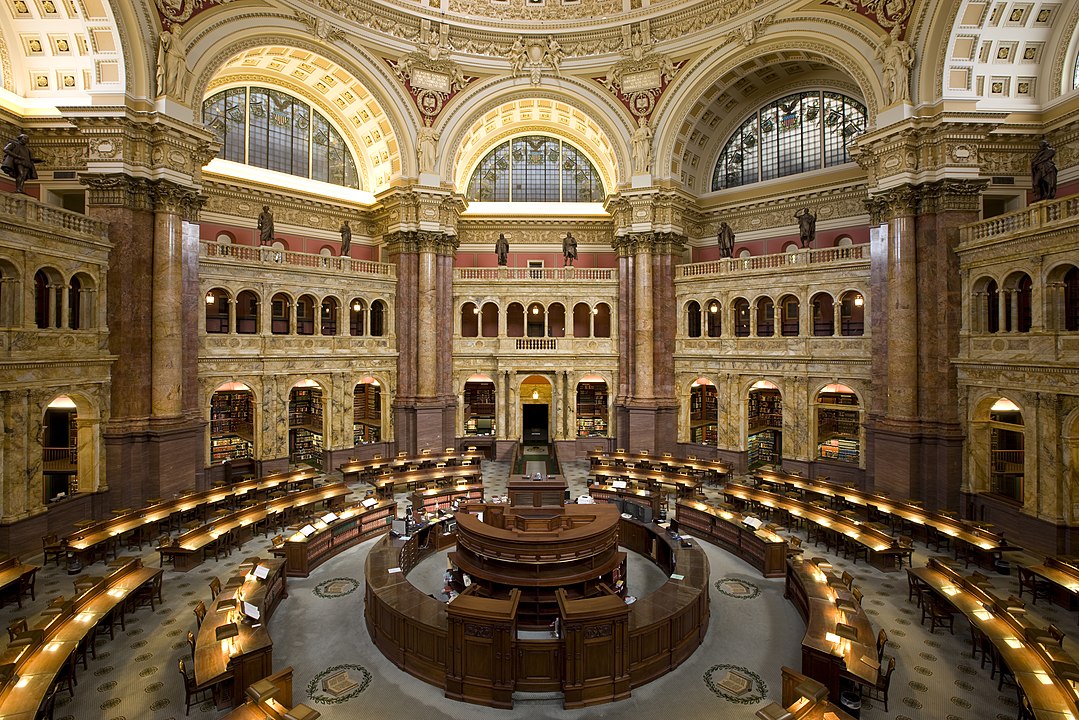The Marrakesh Treaty in Action
 Converting printed material to an accessible formats like braille or audio takes time, money, and expertise. The amount of resources required will vary depending on the type of content and the destination format, but it is rarely a simple process.
Converting printed material to an accessible formats like braille or audio takes time, money, and expertise. The amount of resources required will vary depending on the type of content and the destination format, but it is rarely a simple process.
Technology has made document conversion considerably easier for those with access to it, but the optimum solutions remain obtaining a well-made accessible publication from the publisher, or obtaining an accessible format file that someone else has already created.
Specialist libraries around the world have for many years invested in accessible format conversion, building collections for their members, but for a long time had limited options when it came to exchanging titles with other libraries.
Back in 2012, the World Blind Union and other organizations representing users with print disabilities were reporting a book famine, indicating that 95% of books in developed countries, and 99% in the least developed world were never converted to accessible formats like audio, large print or braille.
This was one of many points discussed over several years that helped to establish the case for a global copyright treaty that would benefit all readers with print disabilities, highlighting that while the developing world had arguable to greatest need, there was also a significant lack of resources in higher income countries with established libraries and support systems.
Offering the potential to unlock existing resources held in libraries around the world was identified as one of the main ways to help address the book famine and reduce the duplication of effort taking place because libraries were not able to easily collaborate.
In 2013, the Marrakesh Treaty established a legal mechanism for participating countries to exchange accessible books for the benefit of people with print disabilities, specifically to: Facilitate Access to Published Works for Persons Who Are Blind, Visually Impaired or Otherwise Print Disabled.
Ten years since it was established the Marrakesh Treaty has now been adopted by 93 member states, providing lots of evidence of authorized entities in developing countries gaining access to books they would otherwise not be able to provide to their patrons, and while there are fewer reports the same is true of library patrons in the developed world.
In the United States the National Library Service for the Blind and Print Disabled (NLS) at the Library of Congress have actively participated in the exchange of titles since the Treaty legal mechanism was implemented in the U.S. in 2020.
Primarily using the Global Book Service hosted by the Accessible Books Consortium, NLS have made 194,539 titles available through the free service to other authorized entities, with the vast majority of those titles (over 192,000) available as digital files for immediate download. At the time of reporting those NLS titles had been downloaded over 6,600 times by authorized entities in 48 different countries around the world.
Patrons of the library can access titles in the collection in the usual way, but they can also request access to books which are not currently available, and in some instances these publications can be sourced by NLS staff through Authorized Entities using the Marrakesh Treaty.
Since 2020 more than 5,500 titles have been added to the NLS collection using the Treaty, encompassing texts in 27 different languages, and being read by NLS patrons over 106,000 times.
After English, Spanish is the most common language spoken in the U.S. which is reflected in the titles requested, but many other languages have been fulfilled through the Treaty including French, Russian, Finnish, Somali etc.
Requests come from patrons with print disabilities who are developing or refreshing their language skills, often learned through family and community links, but many requests come from elderly U.S. residents wanting to read an audiobook in their native language.
This was true of one request for an elderly patron entering a hospice in Minnesota. Through the regional network library a request was made to NLS with the goal to obtain audiobooks in her native Finnish language for her final days. Just a few years ago this simply would not have been possible if a title was not already in the library collection, because of time and budgetary limitations it would not have been practical to create a recording in time.
Thanks to the Marrakesh Treaty it was possible for NLS to locate suitable audio books in Finnish very quickly, and for the patron to enjoy listening to quality recordings in her native language, recorded by a native speaker with local accent and correct pronunciation throughout.
Because the United States has a very large a diverse population, it’s no surprise that the patrons of NLS have reading preferences in a wide variety of languages.
Prior to the Marrakesh Treaty, a case study of early books in the Harry Potter series was used to illustrate the massive duplication of effort invested by specialist libraries all creating accessible versions of the same titles. On the day of publication libraries purchased print copies of the book and teams of people would rapidly convert it to accessible formats, making it available to patrons a few days later. This exact activity took place in multiple libraries around the world at the same time, often converting exactly the same book because there was no mechanism to obtain a copy of the accessible title.
Today, thanks to the Marrakesh Treaty, NLS are able to provide the complete Harry Potter series to their patrons in English, but also French, Spanish, German, Arabic, Finnish, and if a library patron were to request the books in another language there is a good chance it could be sourced through the network of trusted intermediaries.
Through the Marrakesh Treaty NLS has been able to expand their capacity in ways they would never have been otherwise able to, providing a level of service to library patrons which would have been unimaginable a few years ago.
Thanks to Alice O’Reilly and Kelsey Corlett-Rivera from NLS for their contributions to this article.

